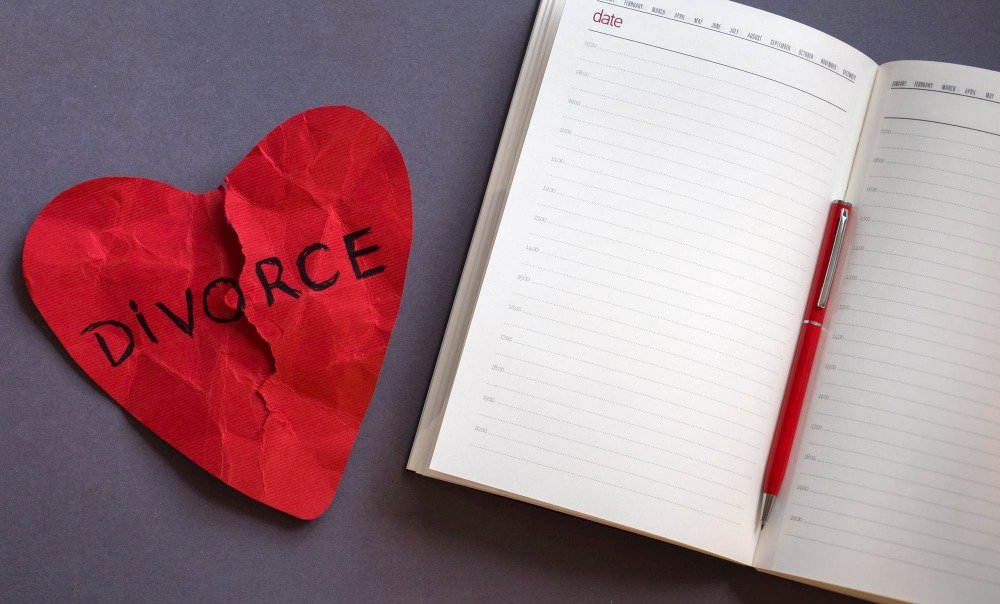Let’s be real—life can get heavy.
Between work deadlines, family responsibilities, the pressure to “keep up” on social media, and just the general chaos of being an adult in today’s world, it’s easy to feel like your brain is running on fumes. We take care of our bodies when they’re tired or sore—but our minds? Often they’re running on empty, too, and we barely notice until we’re burned out or breaking down.
Here’s the thing: you don’t need a complete life overhaul to feel better. Improving your mental health doesn’t always mean going to therapy (though therapy is amazing) or doing a silent retreat in the mountains. Sometimes, it’s the small, daily choices that make the biggest difference.
If you’re wondering how to improve your mental health in a real, practical, doable way—this post is for you.
Let’s talk about 10 habits that can help you feel calmer, stronger, and more like yourself again.
How to Improve Your Mental Health: Daily Habits That Make a Difference
1. Give Your Mornings a Moment of Peace
If your day starts with checking your phone, answering emails before you’ve even brushed your teeth, or rushing out the door with coffee in one hand and your keys in the other—you’re not alone.
But what if you carved out just 10 minutes to start your day on your terms?
Take a breath. Stretch. Sip your coffee slowly. Write down one thing you’re grateful for. You don’t need a two-hour routine with cold plunges and affirmations—just a quiet moment can set the tone for everything else.
2. Prioritize Sleep Like Your Mental Health Depends on It (Because It Does)
You know that foggy, irritable, everything-feels-worse feeling after a bad night’s sleep? That’s your brain begging for rest.
Good sleep isn’t a luxury—it’s a necessity. Try going to bed and waking up at the same time every day, and create a calming wind-down routine. Turn off screens an hour before bed, dim the lights, maybe read or listen to soft music. Your brain will thank you.
3. Move—Not to Lose Weight, but to Feel Good
Forget six-packs and calorie counts. Move your body because it shifts your mood.
A walk around the block. Dancing in your kitchen. A yoga video on YouTube. Movement releases feel-good chemicals like endorphins and helps shake off mental cobwebs. You don’t need a gym membership—you just need to move in a way that feels good to you.
4. Talk to People Who Make You Feel Seen
We all need someone who “gets” us—someone who listens without judgment, laughs at our jokes, and checks in just because.
Even if you’re not a big social person, having a few meaningful connections can be a game-changer. Call your sibling, text that friend you haven’t seen in a while, join a group where you can meet new people. Don’t wait for a crisis to reach out. Connection is part of healing.
5. Breathe. Seriously, Just Breathe.
You might roll your eyes at the word “mindfulness,” but hear me out: when was the last time you took a really deep breath?
Not the shallow kind we do when we’re rushing—but the kind that tells your body: “Hey, we’re safe. You can calm down now.”
Try this: breathe in for 4 seconds, hold for 4, out for 4. Do it a few times. Feel your shoulders drop? That’s your nervous system relaxing. Do it anytime—at your desk, in traffic, before a tough conversation.
6. Eat Like You Love Yourself
Food isn’t just fuel—it’s comfort, culture, connection. But it’s also one of the most underrated tools for mental health.
Try to eat meals that leave you feeling nourished, not sluggish. Add more veggies, whole grains, and healthy fats when you can. And drink more water than you think you need. It’s not about perfection—it’s about caring for your body with kindness.
7. Take a Break from the Noise
Endless scrolling can leave your brain buzzing and your heart heavy. Social media has its perks, but it’s also a breeding ground for comparison and anxiety.
Try setting screen-time limits or having “no phone” times during your day. Maybe go for a walk without your phone, or read an actual book instead of endless TikToks before bed. Create space for your mind to breathe.
8. Let Yourself Feel What You Feel
You don’t have to “positive vibes only” your way through hard things. Sometimes you’re just tired. Or overwhelmed. Or a little heartbroken. That’s okay.
Instead of stuffing those feelings down or pretending they’re not there, let yourself feel them. Journal it out. Cry it out. Talk it out. Emotions are like waves—if you ride them, they pass. If you resist them, they crash harder.
9. Protect Your Peace with Boundaries
Saying no is hard—especially if you’re used to putting everyone else first. But your time and energy are valuable, and not everyone deserves unlimited access to them.
Start with small boundaries. Maybe it’s not answering work emails after 6 p.m. Maybe it’s saying no to plans you don’t have the capacity for. The more you practice, the easier it gets. Boundaries aren’t walls—they’re doors you open and close with intention.
10. Ask for Help—No Shame, Just Strength
If you’re struggling, you’re not broken. You’re human.
Talking to a therapist, a doctor, or even a trusted friend can be the first step toward feeling better. You don’t have to wait until things are unbearable. Getting support is one of the bravest things you can do.
Final Thoughts
Improving your mental health doesn’t mean fixing everything overnight. It’s not about never feeling sad, anxious, or off—it’s about giving yourself tools, grace, and support to get through the hard days with more ease.
Start with one habit. Just one. Maybe it’s a short walk. Maybe it’s turning your phone off at dinner. Maybe it’s reaching out to someone you love.
Tiny changes add up. You deserve to feel better—not someday, but now.
Take care of your mind. It’s the only one you’ve got—and it’s carrying you through everything.

























